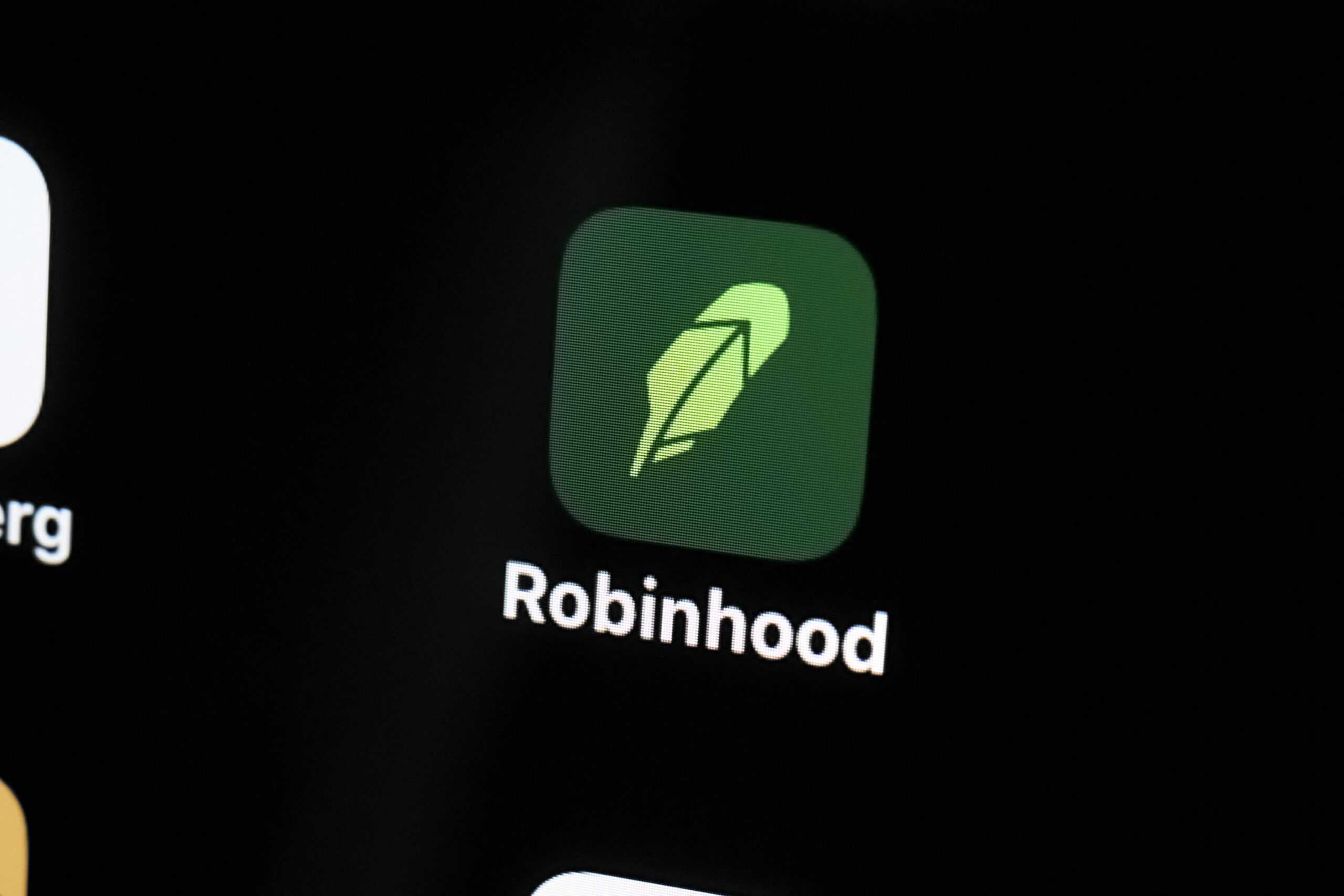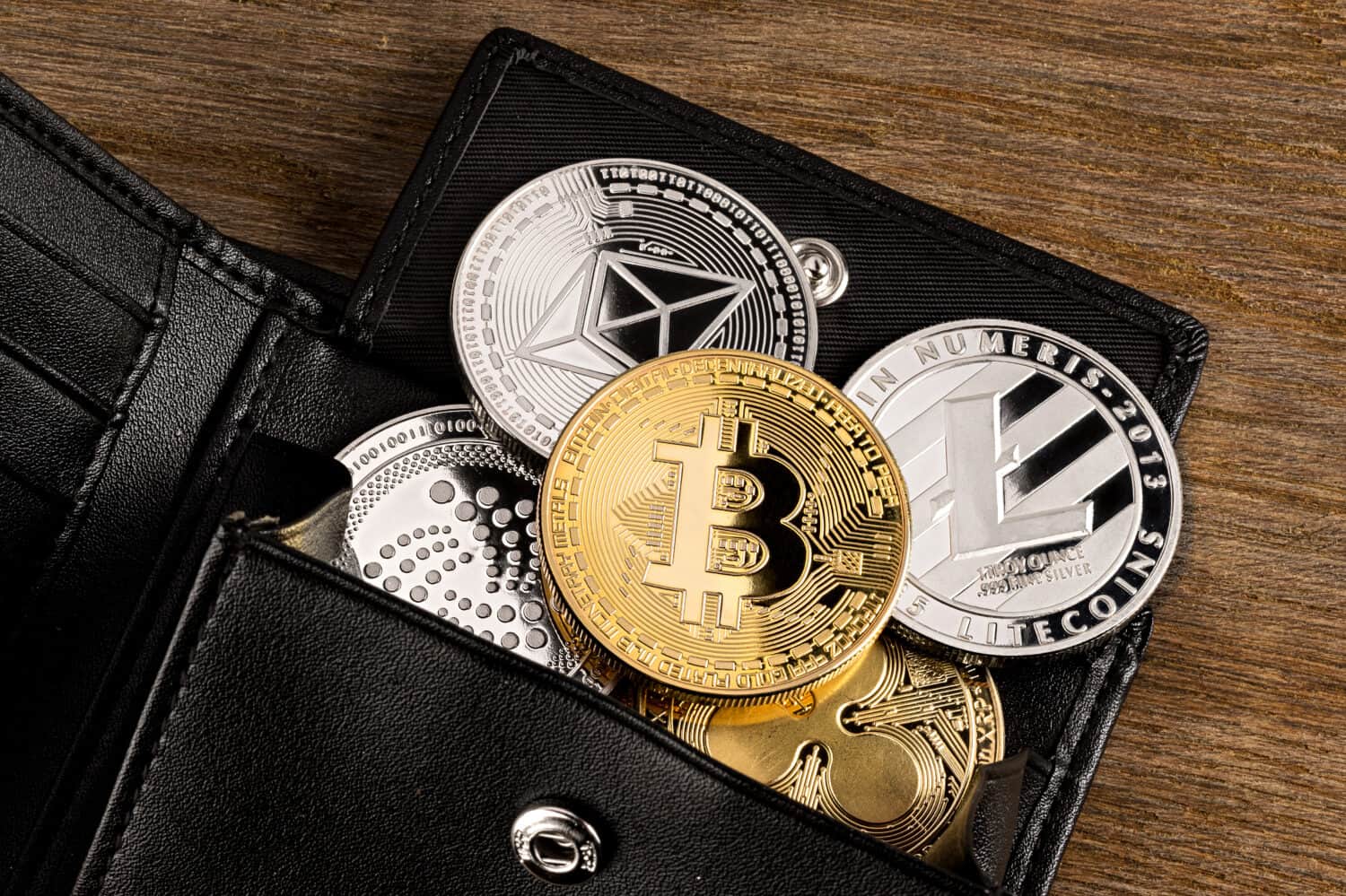
Robinhood, the popular commission-free stock trading platform, has entered the world of self-custody cryptocurrency wallets with the Robinhood Crypto Wallet. This separate app offers a distinct experience compared to the traditional Robinhood Crypto account.
Unlike the standard model, where you don’t own the underlying assets, the Robinhood crypto wallet empowers you to take full control of your digital holdings. This article delves into the functionalities, setup process, security measures, and benefits of using the Robinhood crypto wallet.
What is the Robinhood Crypto Wallet?
The Robinhood wallet provides a user-friendly self-custody solution to manage your cryptocurrency independently. This gateway to the web3 world allows you to directly store and manage your crypto holdings on various networks, including Ethereum, Bitcoin, Dogecoin, Arbitrum, Polygon, Optimism, and Base. A key advantage of Robinhood wallet is that you retain complete ownership of your crypto assets, as you hold the private keys. The app allows users to store their cryptocurrency holdings securely.
Features of the Robinhood Crypto Wallet
1. Supported Cryptocurrencies: While not an exhaustive list, the Robinhood crypto wallet currently supports a selection of popular cryptocurrencies, including Bitcoin (BTC), Ethereum (ETH), Polygon (MATIC), Arbitrum (ARB), and Dogecoin (DOGE). The list may expand in the future, so it’s always a good practice to check for updates before transferring funds.
2. Wallet Funding: You have two options to fund your Robinhood crypto wallet:
- Transfer from Robinhood Crypto: Funds from your existing Robinhood crypto account (where you don’t own the underlying assets) can be transferred to the Robinhood wallet for self-custody. Be aware that there might be a waiting period for the transfer to settle.
- External Transfer: You can transfer crypto directly from external wallets or exchanges to your Robinhood crypto wallet address for greater flexibility. This allows you to move existing crypto holdings into the Robinhood ecosystem.
3. Sending and Receiving Crypto: The Robinhood crypto wallet allows you to send and receive supported cryptocurrencies to and from other self-custody wallets or exchanges that utilize the same blockchain network. It’s crucial to ensure compatibility before transferring to avoid losing funds. Sending crypto involves using the recipient’s wallet address, similar to emailing. Double-checking the address is essential to avoid mistakes; happy transacting!
How to Set Up and Use the Robinhood Crypto Wallet
- Setting Up: Getting started is relatively straightforward. Download the Robinhood crypto wallet app, which can be on the App Store or Google Play Store. After downloading, create an account, and enable security features like multi-factor authentication (MFA) to add an extra layer of protection.
- Funding Your Wallet: Once your account is set up, you can choose your preferred funding method. Transferring from your Robinhood crypto account is simple, but remember the potential waiting period. Alternatively, you can initiate an external transfer from another wallet or exchange by providing your Robinhood crypto wallet address.
- Sending and Receiving Crypto: To send crypto, locate the “Send” option within the app and carefully enter the recipient’s wallet address. Double-check the address before confirming the transaction. Receiving crypto involves sharing your unique wallet address with the sender, and the address can be found under the “Receive” option. It’s important to note there’s a unique wallet address for each cryptocurrency — you wouldn’t want to send a Bitcoin address for an Ethereum transaction.
Security Measures in the Robinhood Crypto Wallet

The Robinhood wallet employs various security measures to protect users’ assets, including multi-factor authentication (MFA) and secure login procedures. However, it’s crucial to remember that in a self-custody wallet, the ultimate responsibility for safeguarding your private keys lies with you. Losing your private keys or falling victim to phishing scams can lead to permanent loss of your crypto assets.
The wallet might offer additional security features like biometric login (fingerprint or facial recognition), depending on your device. You should check their support section for the latest information on security measures.
Looking Ahead for the Robinhood Crypto Wallet
The Robinhood crypto wallet offers a solution for users who value ownership and control over their crypto assets. You manage your holdings directly on the blockchain network by holding the private keys. This self-custody approach unlocks additional functionalities like interacting with DApps or staking. There is a lot to uncover in the digitalized world of cryptocurrency and Robinhood is here to accompany you on the exciting voyage.
Get Ready To Retire (Sponsored)
Start by taking a quick retirement quiz from SmartAsset that will match you with up to 3 financial advisors that serve your area and beyond in 5 minutes, or less.
Each advisor has been vetted by SmartAsset and is held to a fiduciary standard to act in your best interests.
Here’s how it works:
1. Answer SmartAsset advisor match quiz
2. Review your pre-screened matches at your leisure. Check out the advisors’ profiles.
3. Speak with advisors at no cost to you. Have an introductory call on the phone or introduction in person and choose whom to work with in the future
Get started right here.
Thank you for reading! Have some feedback for us?
Contact the 24/7 Wall St. editorial team.



